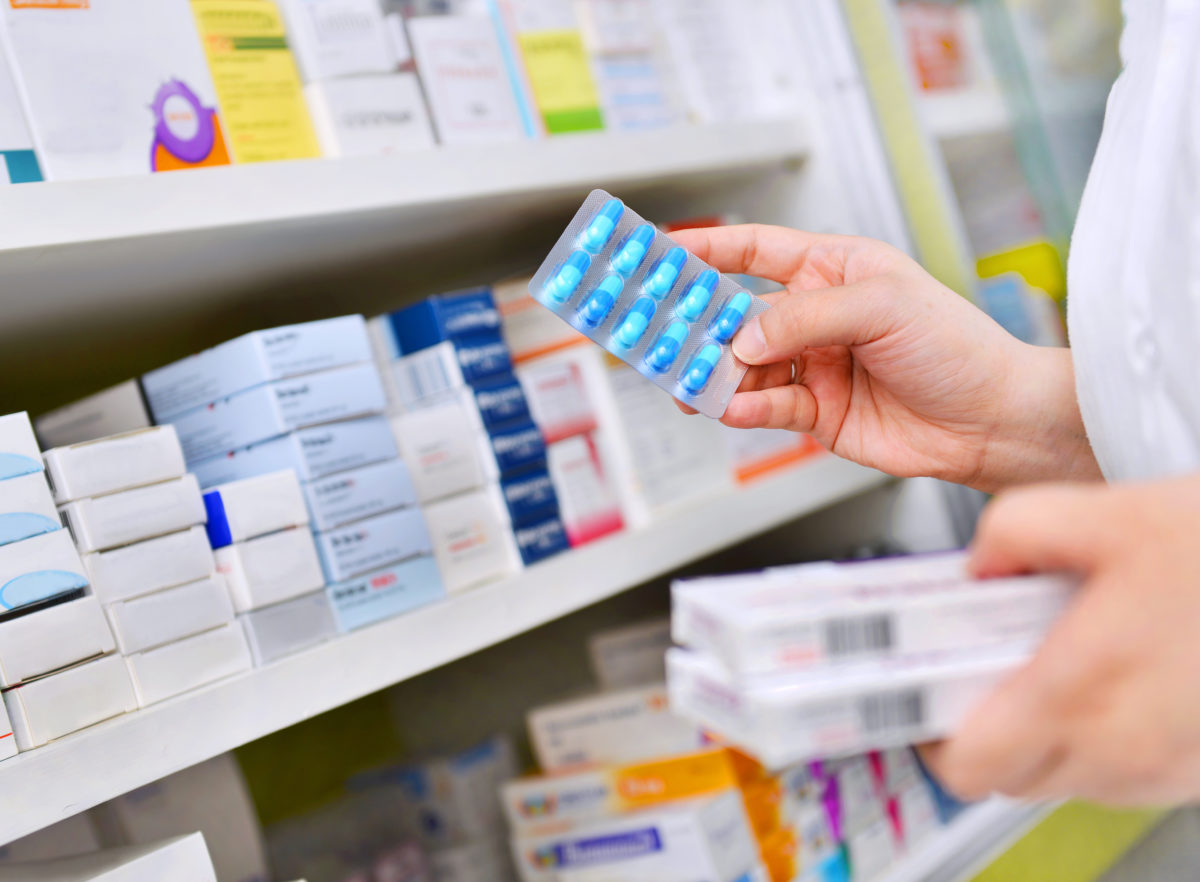
After a trip to the doc, you typically find yourself at the pharmacy picking up your pills. Antibiotics to the rescue! And hopefully, they’ll help. While your healthcare provider is surely knowledgeable and set you on the right path to cure what ails you, it’s important to be in-the-know about what you’re signing up to swallow.
After a few days on your antibiotics, you may feel as good as new. But don’t put the rest of the pills in the medicine cabinet and call yourself cured. It’s important to finish the entire bottle unless your doctor advises otherwise. Why?
According to the World Health Organization (WHO), “Feeling better, or an improvement in symptoms, does not always mean that the infection has completely gone.”
You run the risk of the bacteria not being completely gone, or that the “taste” of antibiotics has given them just the right amount of resistance power, leading to longer-term issues when your body can’t fight off something similar down the road. That said, WHO also reports that shorter courses of antibiotics may be just as effective as an extended period of consumption. Just follow doctor’s orders whether it’s a 3-day run or a week or more’s worth.
As for refilling your prescription? Even if your doctor allows for a refill, it seems strange that they’d leave it up to you to make that call. If your issue hasn’t gotten better after the first course, perhaps the best move is to make another appointment. You may need some testing or a reevaluation. That’s a smarter step than gulping down another round.
The same goes for leftover pills if you decided not to finish them all. If you feel under the weather for a new issue, grabbing some antibiotics meant for something else can be unhelpful or unsafe. Toss those out, talk to your doctor, or make a quick visit to your nearest vybe urgent care location.
Nearly all meds have some side effects; just watch any TV commercial for a drug and you’ll hear what seems to be an endless array of oddities. Antibiotics are no different, and while each type has its own potential side effects, these ones are especially interesting.
Side effects aside, allergic reactions can prove potentially life-threatening. Allergies are nothing to sneeze at, and many folks find out the hard way that they have an allergy to their antibiotic.
As Health Direct explains: “Most allergies are caused by penicillin or antibiotics closely related to penicillin, or by another type of antibiotic called sulfonamides.” Reactions such as dizziness, swelling of the tongue/face, hives, welts, trouble breathing, inability to speak, pain, vomiting, rashes, etc. are all scary and time-sensitive. If any of these reactions set in after you take your antibiotics, call your doctor or get to an ER ASAP.
Not really. With today’s medical advancements and high-tech innovations, one would think that new antibiotics would be easy to develop.
Not quite. According to the BBC, new classes of antibiotics haven’t been invented for decades.
Interestingly enough, BBC reports, “All the antibiotics brought to the market in the past 30 years have been variations on existing drugs discovered by 1984. Most worryingly, it was as long ago as 1962 that the last new class of antibiotics to treat those infected by the most resistant gram-negative superbugs was discovered.”
Issues including drug-resistant bacteria, costs for research and development, and a lack of interesting investment opportunities for drug companies have caused a surprising slow down – even a standstill – in this area of medicine. It makes you wonder what’s next – but perhaps antibiotics, as we know them, won’t be the solution of the future. Hope we don’t have to find out the hard way.
When antibiotics are made available to you, know what you’re getting into. Trust your doctor but be on the ball for your own peace of mind. For any questions, talk to a vybe specialist. We’re here to fill you in—as well as help you feel better, at any of our locations.
FIND YOUR VYBE